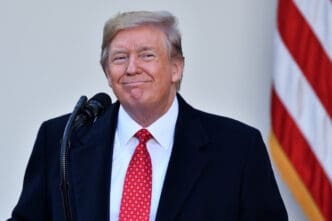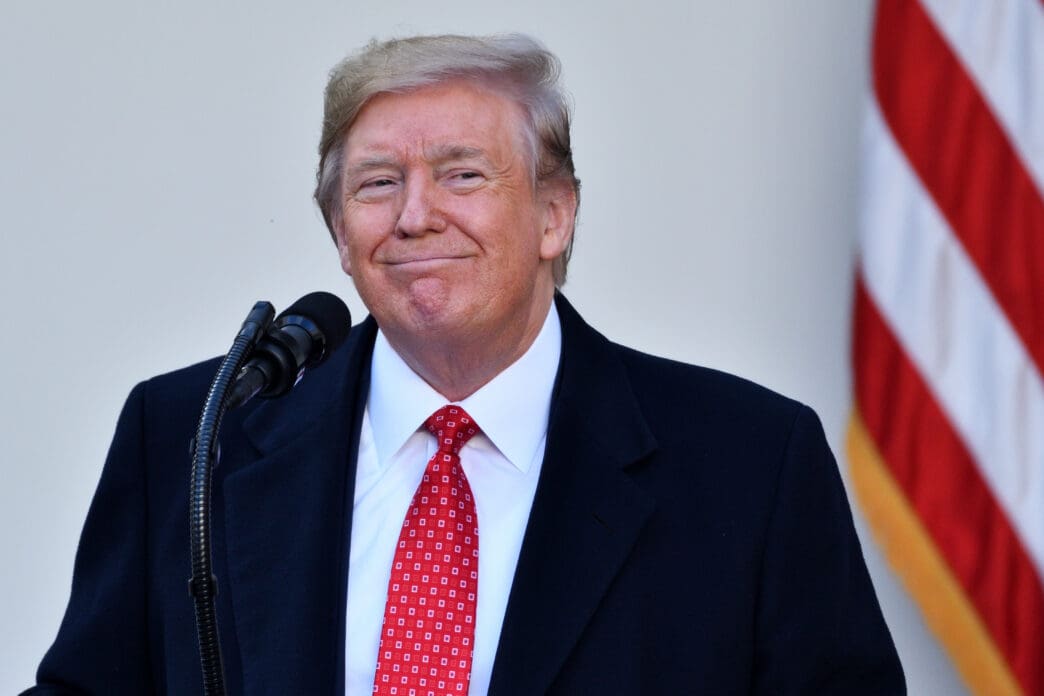Executive Summary
The Story So Far
Why This Matters
Who Thinks What?
The United States and China have reached a substantial framework for a potential trade deal, announced ahead of a scheduled meeting between President Donald Trump and Chinese President Xi Jinping in South Korea this week. The agreement, confirmed by US Treasury Secretary Scott Bessent, includes a final deal on TikTok’s US operations and a deferral on China’s tightened rare earth minerals controls. This development aims to avert further escalation in the ongoing trade dispute between the world’s two largest economies.
Framework Details Emerge
According to Mr. Bessent, the framework suggests that the 100% tariff on Chinese goods previously threatened by President Trump will not come into force. In return, China is expected to resume significant soybean purchases from the US, addressing a key concern for American farmers. Mr. Bessent held “constructive” discussions with senior Chinese trade officials on the sidelines of the Association of Southeast Asian Nations (Asean) summit in Malaysia, where President Trump is also on an Asian tour.
A statement from the Chinese government confirmed that negotiating teams “reached a basic consensus on arrangements to address their respective concerns,” with both sides agreeing to finalize specific details. President Trump and President Xi are slated to hold talks on Thursday in South Korea.
Tariff Tactics and Rare Earths
Since his return to the White House, President Trump has employed and threatened extensive tariffs on imports, advocating for policies he believes will boost US manufacturing and employment. While this approach has led to new trade agreements with various countries, China has been the target of the steepest proposed levies.
Earlier this month, President Trump had threatened to impose an additional 100% tariff on Chinese goods from November. This threat was a response to China tightening restrictions on the export of rare earths, materials crucial for electronics production. China, which processes approximately 90% of the world’s rare earths, had previously tightened export controls when President Trump raised tariffs earlier this year, causing outcry among US manufacturers. Mr. Bessent stated that China would “delay that for a year while they re-examine it.”
Soybean Purchases and TikTok Agreement
Another significant point of contention in the trade war has been soybeans. China, the world’s largest buyer, had halted all orders from the US as the dispute intensified, impacting American farmers. Mr. Bessent indicated that this boycott may soon end, expressing confidence that US soybean farmers would benefit significantly from the upcoming deal.
Regarding TikTok, Mr. Bessent confirmed that a deal had been reached concerning the video-sharing platform’s US operations. President Trump and President Xi are expected to “consummate that transaction on Thursday.” The US has pressed for TikTok’s US arm to be separated from its Chinese parent company, ByteDance, citing national security concerns. The White House previously announced that US companies would control TikTok’s algorithm, and Americans would hold six of seven board seats for the app’s US operations.
Broader Asian Trade Engagements
The US Treasury Secretary’s announcement comes as President Trump concludes a week-long Asian tour. During this trip, Washington also announced a series of trade deals with Malaysia and Cambodia, alongside framework agreements with Thailand and Vietnam. The region, heavily reliant on trade with the US, has been particularly affected by President Trump’s tariffs.
These agreements included signing deals with Thailand and Malaysia involving critical minerals, aiming to expand US access to rare earth elements and other metals beyond China. Additionally, Vietnam agreed to purchase Boeing jets worth over $8 billion from the US and increased American agricultural goods.
Looking Ahead
The agreed framework for a US-China trade deal, encompassing resolutions on rare earths, soybean purchases, and TikTok, marks a significant step towards de-escalation in the protracted trade conflict. The upcoming meeting between President Trump and President Xi is expected to finalize these arrangements, potentially averting new tariffs and fostering renewed economic cooperation.








